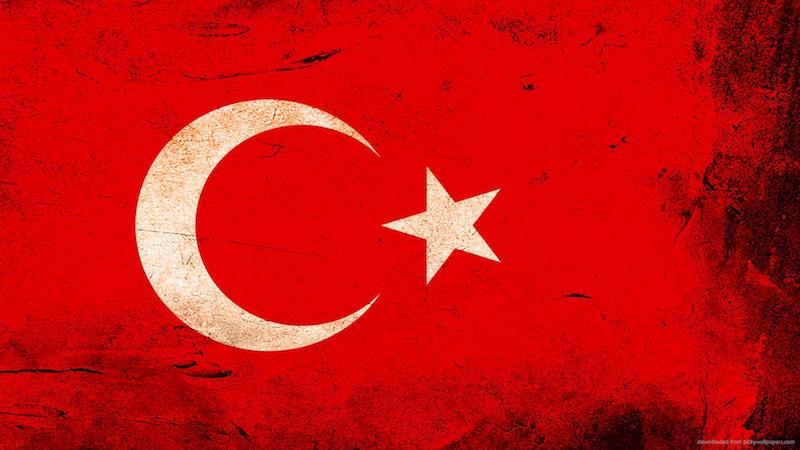 Wheat Supply
Wheat Supply Is Turkey's Rubella virus claim to reject Indian wheat a ploy to control global wheat supply?
Turkey's attempt to malign India's reputation as a wheat supplier fell flat after Israel purchased a 55,000-ton consignment it rejected citing phytosanitary concerns. The grounds for rejection were not only false but apparently cropped from Turkey's covert motive to take control of global wheat supplies amid a soaring demand and a protracted Ukraine-Russia war, according to experts.
ITC Ltd, which supplied the wheat, has cleared the air over the matter.
Rajnikant Rai, CEO of ITC’s agribusiness division rubbished the claims that the shipment was below the contracted quality parameters, The Print reported.
“ITC delivered the contracted quality and the ship sailed mid-May. We later came to know that ETG sold it to a Turkish buyer. End May, we learnt, the shipment was rejected by Turkey,” Rai said. Both ITC and ETG have received payment for the deal, he added.
“But neither us nor ETG ever received any report on the reason for rejection. To say that the wheat was rejected due to the presence of rubella virus or it had lower than required protein content, and that after Turkey, Egypt, too, rejected it, are just rumors,” he said.
“The ship never sailed to Egypt and now it is berthing at a port in Israel waiting to be unloaded,” Rai added, indicating that a new buyer had been found for the consignment.
The shipment had left India before the government's ban on wheat exports on May 13.
 The grounds for rejection were not only false but apparently cropped from Turkey's covert motive to take control of global wheat supplies amid a soaring demand and a protracted Ukraine-Russia war / Image: Wallpapercave
The grounds for rejection were not only false but apparently cropped from Turkey's covert motive to take control of global wheat supplies amid a soaring demand and a protracted Ukraine-Russia war / Image: Wallpapercave
As the wheat price has jumped sharply across the world after the Russia-Ukraine war, the shipment could be valued in millions.
Wheat price in the international market is around $450-480 per tonne, according to the Ministry of Consumer Affairs.
Turkey rejected the Indian wheat consignment, claiming that the Indian wheat was detected with Indian Rubella disease and had less protein content than required by the country to accept wheat shipment from any country.
It had initiated the ships to sail back on May 29, 2022, media had reported.
Egypt had turned away the shipment without drawing any samples for testing, media reports quoting an Indian official said.
The Print quoted an unnamed Indian official with an international commodity trading firm as saying there could be "commercial or geopolitical reasons at play here".
"Raising quality concerns looks like an attempt to tarnish India's reputation as a global grains supplier," the official said.
India has been a major rice exporter, contributing 40 percent in volume terms to the global rice trade. However, the current crisis opened an opportunity for India to emerge as a dominant wheat supplier.
The report citing sources said Turkey is trying to control the global wheat trade by facilitating the passage of grains stuck at Odessa port in Ukraine.
If a tripartite dialogue between Turkey, Russia, and Ukraine succeeds, wheat stuck in Ukraine can find a way to global markets albeit in a controlled manner, they said.
New Delhi-based trade analyst S. Chandrasekaran told Print that the Indian wheat consignment being infected by the Rubella virus is “a myth created by Turkey”.
By rejecting Indian wheat, Turkey is trying to send out a signal to the market that large supplies are going to hit soon and Turkey will be in charge of the logistics.
In the process, India perhaps is becoming a victim of powerful trade lobbies and global geopolitics, The Print quoting a trade analyst said.
Support Our Journalism
We cannot do without you.. your contribution supports unbiased journalism
IBNS is not driven by any ism- not wokeism, not racism, not skewed secularism, not hyper right-wing or left liberal ideals, nor by any hardline religious beliefs or hyper nationalism. We want to serve you good old objective news, as they are. We do not judge or preach. We let people decide for themselves. We only try to present factual and well-sourced news.







